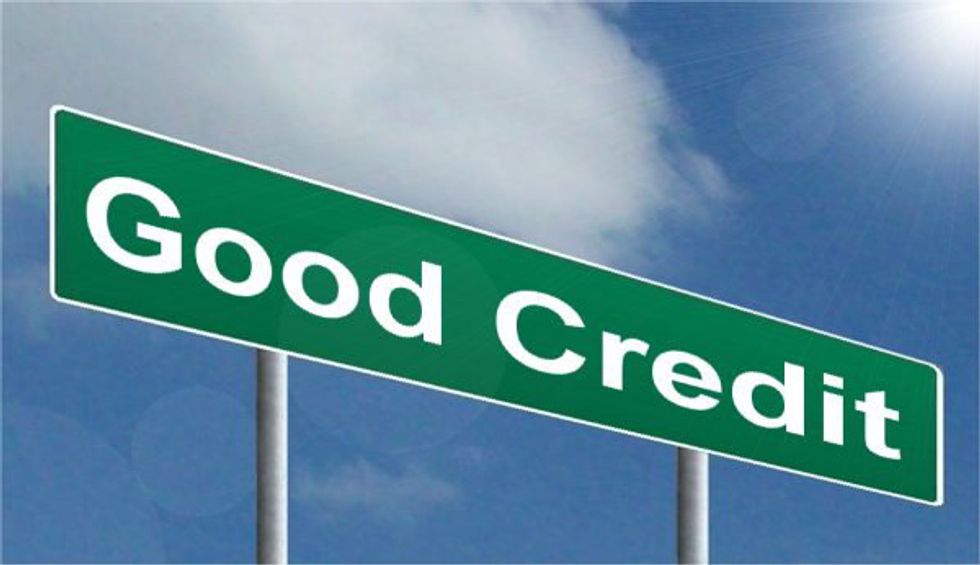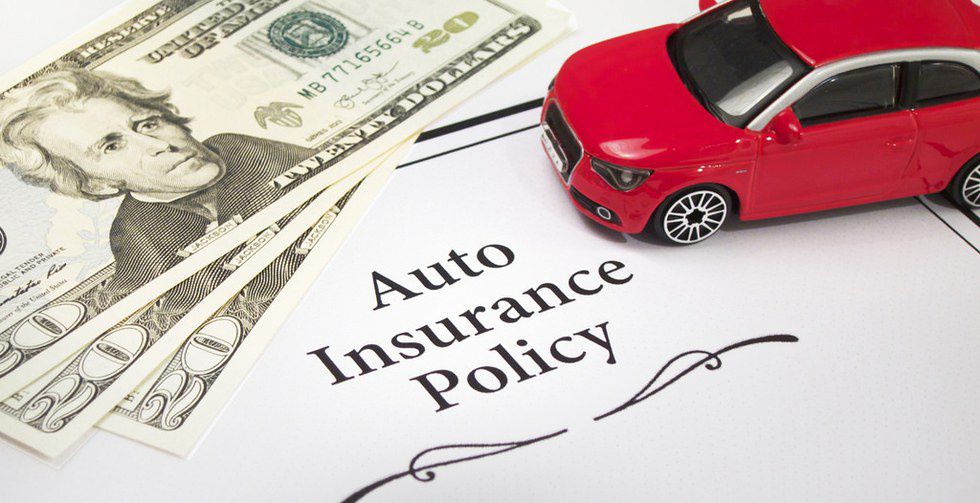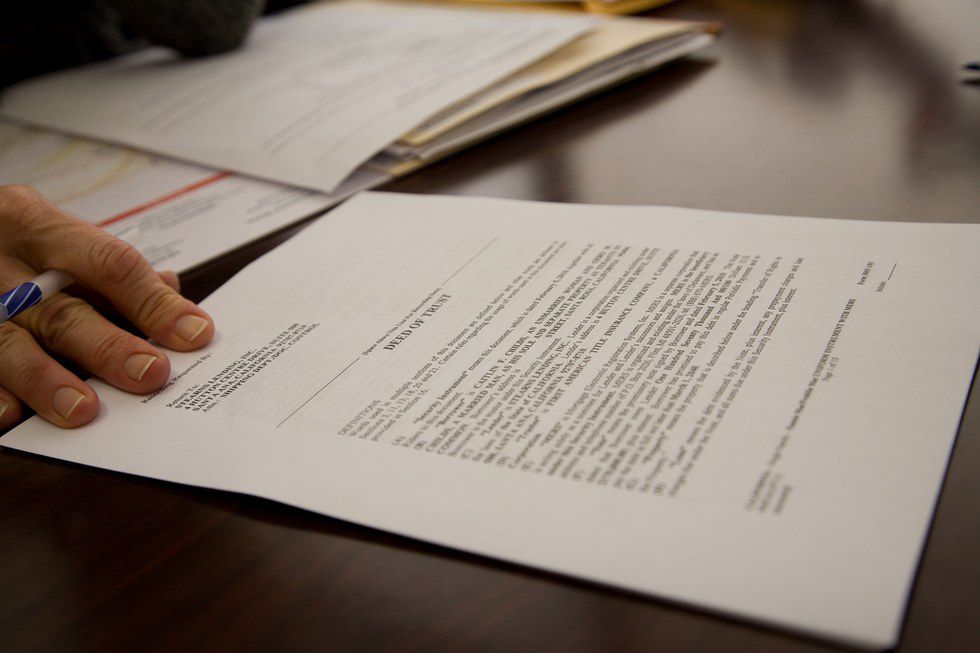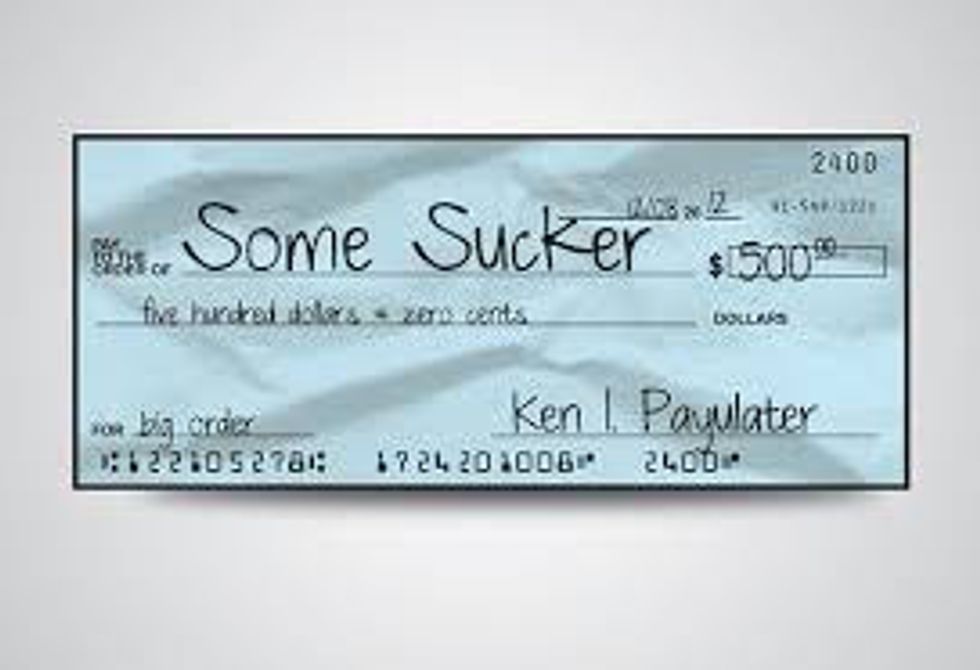For the past week and a half, I’ve been stressed, crying and stress crying over the process of getting my first car. As a college student, I can assure you that there’s no way that I thought I could get my own car, that is, before I looked into taking out a bank loan for it. From that starting point, I ran into so many different walls, that I not only have been stressed out about the dealer and the bank that I’ve been working with, but with myself, for not knowing what to do at each step. So, hopefully, this list of instruction will help you in the future if you find yourself able to get a car.
1. Have (Good) Credit History
– although it seems scary and super dangerous, the best thing to do is to get a credit card. I first got mine six months before I was able to buy my first car; and that was after I paid off a very large sum. In order to buy big things like a car or a house, you have to prove that you are able to pay off little things. When I first got my credit card, I (irresponsibly) bought hundreds of dollars of stuff – clothes, food, textbooks – all so that I could later pay it off in one lump some (which I was able to do). If you pay off your credit cards well, your credit score goes up, which makes it easier to buy big things. A good credit score if from about 700 and up, with great credit being 800 and up. You start out with about 650, and
2. Find a car that you want
– when I applied for my car loan, I hadn’t yet figured out what car I exactly wanted. I knew I wanted a Honda CR-V, but I didn’t find the exact car, in real life of what I wanted. Finding your car first is super helpful, because when you’re filling out the loan paperwork, it’s easier to ballpark what amount you want to borrow. In my advice, I recommend asking for $2,000 more than what the car is listed as, taking into account sales tax, registration fees, etc. I also recommend making sure that you’re in a place to be able to maintain a car before you get it – that means being able to pay for gas, car insurance (which is about $90 - $150, usually, depending on your driving history, location, sex, accidents, car type…).
3. Go to the person / dealer, and tell them that you want to test drive their car –
you will usually hear back within a few days of whether or not you were approved in your car loan. After you are approved, go to the dealer, check out the car in depth, and make sure that it’s the car you want. On average, a car gains about 20,000 miles a year. So If you’re looking at a car from 2010, and it has 180,000, you probably shouldn’t go for it. As my car-crazy dad says, “once any car hits 200,000 miles on it, it starts to fall apart – any car”, this means you need to be prepared to pay for repairs and parts as well. But, if it’s the car that you like that runs well and you’re comfortable with it, go for it!
4. Get the Bill of Purchase, the Vehicle Identification Number (VIN) and an Insurance Binder to your banker
– the Bill of Purchase, you obtain right after you agree to buy the car; the VIN is usually on the CarFax, (which the dealer has! do not buy it on your own!) or equivalent history. An Insurance Binder is a file that is usually emailed to you from your insurance company of choice. In the state of Massachusetts, it is illegal to drive without car insurance – personally (and this is not a pitch, I swear!) I called Geico, asked to set up an insurance binder, answered all the questions they asked me, paid the first month’s insurance fee, and got the insurance binder within half an hour. The same can be done for almost any other car insurance company. Also, make sure on the Bill of Purchase and Insurance Binder, you put down the bank’s like, mega-corporate address (not the address of the branch you went to); your banker probably will let you know which address that is.
5. Wait for Response from your Bank
– after a few days, you’ll hear back from your bank about whether or not they had finished will all the documentation. The bank needs to process all this information, and get all the payments ready and approved. Make sure that on all the forms, you give the same phone numbers and correct street addresses for all the forms. If not, you will need to wait another few days and redo all the paperwork!
6. Ask the Dealer to sign some preemptive paperwork
– in order to get the check, you may need to get some forms faxed to your banker. Talk to your dealer, and make sure there’s no more paperwork that you need to sign, before you pick up the check. This should take about 20 minutes, if need be.
7. Pick up the check!
– okay! All the paperwork is done, and you know you can afford your car! All you need to do is go to the bank, and spend about half an hour signing documents – these documents give the bank access and right to you paying them back and all that.
8. Drop the Check off to the Dealer
– you’re in the home stretch! All you gotta do now is drop the check off at the Dealer – once they have this, they can get you plates and registration for the car! So lucky you, in that you don’t have to spend the day at the DMV :)
9. Pick up your car! – that’s all! Call your dealer the next day or so, and ask if it’s ready to pick up. Try to have a friend drive you, or take an Uber to your location.
10. Trick out your car – because now you own a car! Pick up cleaning supplies, a first aid kit, a blanket, tissue, etc. This car is your now, so you get to make it your own!
Tips: at the end of the day, you’re looking at spending about $250 - $300 a month on this car. You may also be paying it off for years. When I took out my bank loan, I made sure that I had the longest amount of time to pay it off. I know it sounds ridiculous, but if you’re going to be buying a car, you have to make sure that you’re going to have it for a while. DON’T buy “shitbox” cars because you think they’re cheap for what they’re worth (unless that all you can afford). In the long run, you want a car that is going to last you, so pick one that you know you’re going to like and is going to last for a while.
ALSO! before signing the Bill of Purchase, keep in mind that dealer makes about 20% off the selling price of any car - that means you should haggle it down, in order to save some money. If they ask you how much you're willing to spend, be as vague as possible (if they ask you an actual amount, just lie). Give some reasons for lowering the price - high mileage, accident history, "poor college student", anything.
so go out there, and finance your first car!

























